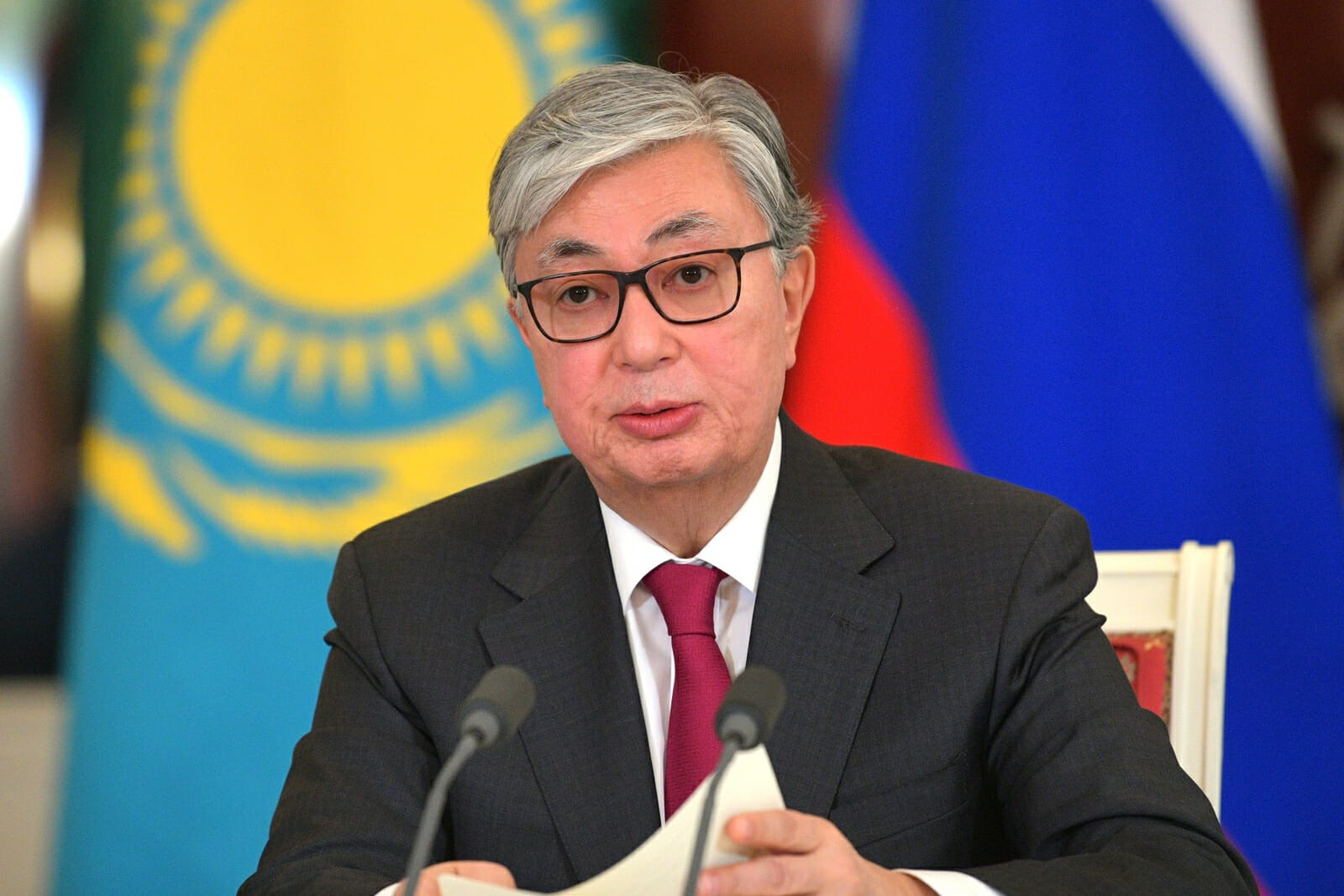
Kazakhstan has long set its sights on joining the world’s elite. Yet there’s a huge gap between their rhetoric and their deeds.
Until the government addresses its abject human rights record and the huge democratic deficit in the country it will remain a political backwater. The well-regarded Human Rights Watch report in 2015 put it in plain English for former President Nazarbayev: the human rights situation in the country is unacceptable and far-reaching changes are needed.
Yet change has unsurprisingly been slow coming. At best, Kazakhstan’s response has flatlined. At worst, the country is descending even further into the human rights abyss.
In the West, we take for granted the rule of law, an independent jury, and a police force that by law requires the offer of an attorney to detainees. Such strong independent institutions don’t exist in Kazakhstan.
It’s no surprise that the country has a low global ranking in the World Justice Project’s 2019 Rule of Law Index. Of the 126 nations, Kazakhstan’s ‘Fundamental Rights’ rank 95th – lower than Rwanda and Bolivia – hardly historical bastions of human rights.
A shaky legal framework aside, further corruption has seeped into the judicial process itself. Findings in 2013 by the US Department of State revealed that ‘in the majority of criminal cases’ bribes passed hands in exchange for favourable court rulings. Alarmingly, this occurs despite judges being among the most highly paid government employees in Kazakhstan.
The laws in the country are full of loopholes and are vulnerable to exploitation. Kazakh law can often differ greatly from practice to implementation. The presumption of innocence is enshrined in law, but a damming Amnesty International review found this is ‘violated on a regular basis.’
For example, recently implemented counter-terrorism legislation has stripped suspected terrorists even more bare of their rights. By redefining ‘extremism’ in a vague manner, authorities can now curb unwanted political expression with relative ease.
With flagrant disregard for the law, suspects are routinely branded guilty in public by state officials before legal proceedings have begun.
Secondly, under law, freedom of association is technically guaranteed for citizens of Kazakhstan. It will not surprise you that a 2015 UN report to the Human Rights Council argued to the contrary. In highlighting a list of enforced restrictions on the freedom of political parties, public associations, trade unions, and religious associations, the lid was lifted on the Kazakh façade.
The issue of religion, in particular, requires further scrutiny. Kazakhstan is a majority Muslim country that also contains a large proportion of Russia Orthodox Christians. Tolerance is extended to these prevailing practices, but minority community groups are often subjected to harassment and discrimination.
Ethnic Kazakhs in foreign countries are suffering similar fates. Last month, the activist Serikzhan Bilash was arrested for campaigning to free ethnic Kazakh victims from Chinese internment camps. It appears that to remain in China’s good books, Kazakhstan will readily reject their own.
Thirdly, for all the human rights abuses that have come to define everyday life in Kazakhstan, no one dares report on them. There is a constant crackdown on opposition voices, with multiple incidents of the persecution of outspoken activists and journalists.
Law prohibits insulting Nazarbayev, or indeed any family member, who ensured government control of many broadcast media outlets during his rule. Those not overseen by the government are allegedly controlled by the former president’s close associates.
The most patent example of Nazarbayev’s unchecked powers over the press came in 2013 when he banned all opposition national newspapers. Rather predictably, those that remain are frequently fined, affecting their ability to operate at an effective level.
Finally, emulating the practices of the dark ages, Kazakh authorities have acquired an unfortunate reputation for torturing prisoners. The NGO Kazakhstan International Bureau for Human Rights and Rule of Law recorded a shocking 115 complaints of torture in the first six months of 2016 alone.
In another damning indictment on the Kazakh legal system, not all cases necessarily led to prosecution. Seemingly Kazakhstan’s barbaric stance is to torture first, ask questions second. In 2017, the UN Human Rights Committee concluded that Kazakhstan was violating the following rights: to a fair trial, to not to be subjected to torture, to adequate detention conditions, and to freedom of expression.
The UN’s complete condemnation would alert many nations to sit up and take note. Kazakhstan again failed to implement any recommendation made by the Committee.
Human Rights under Nazarbayev, who announced his resignation last month, were merely nominal.
Whether they remain that way will depend on fresh leadership. Will it usher in a new age of rights and a pathway to modernisation? Doubtful if power passes to his daughter. Time will tell.
Original source: International Policy Digest




